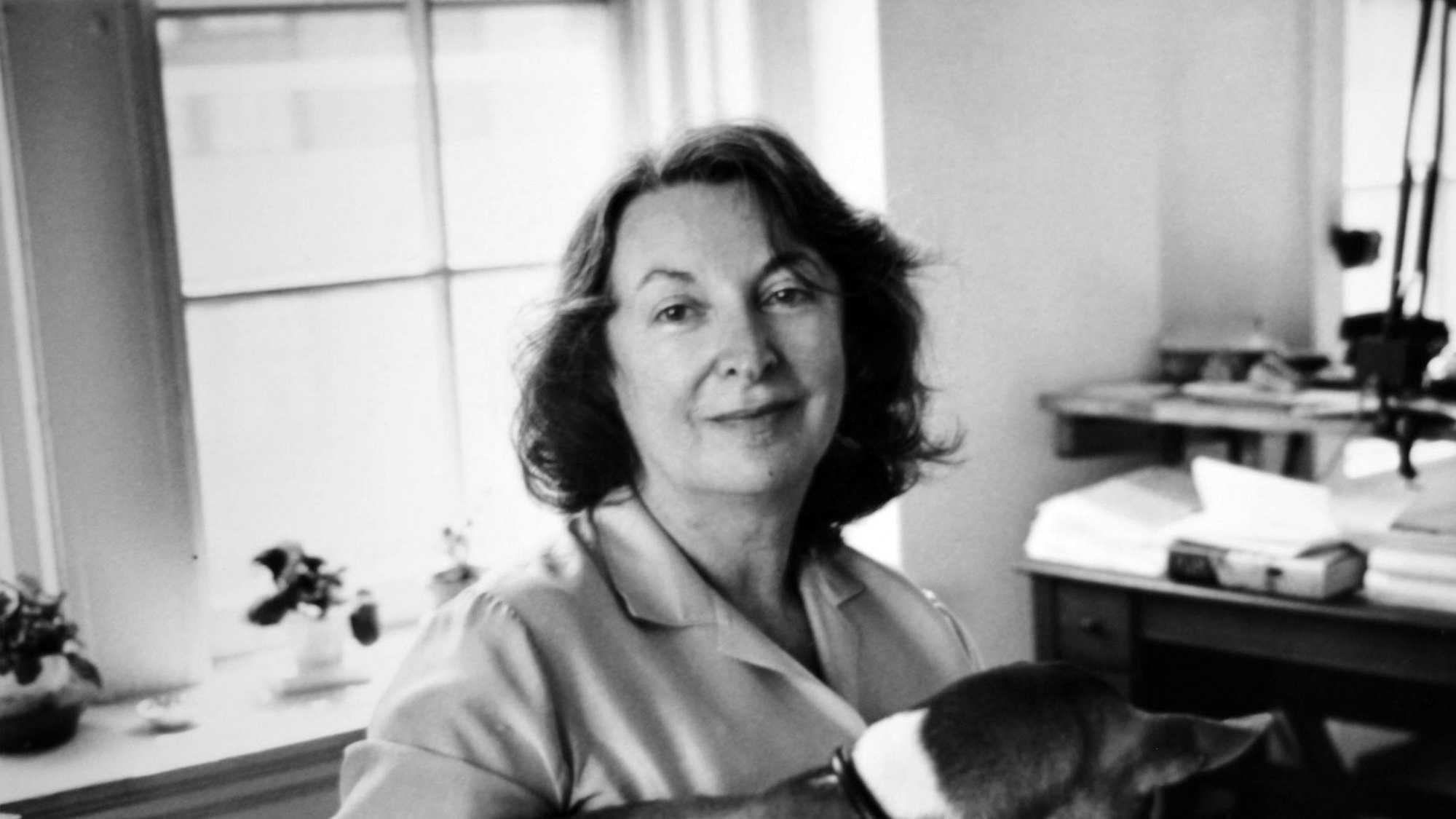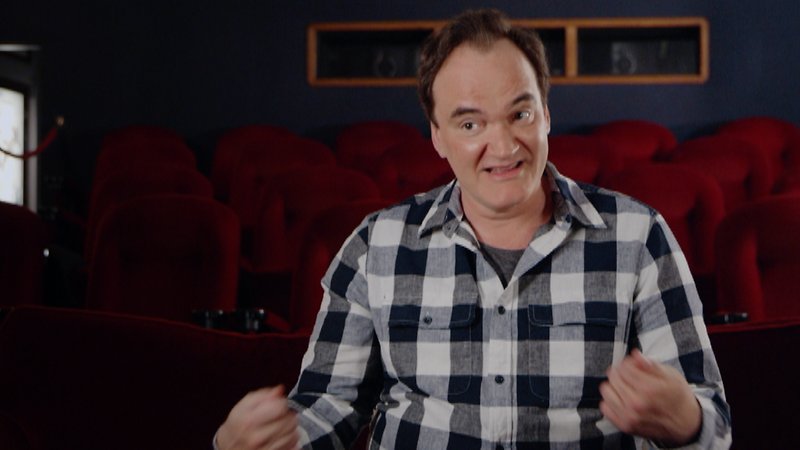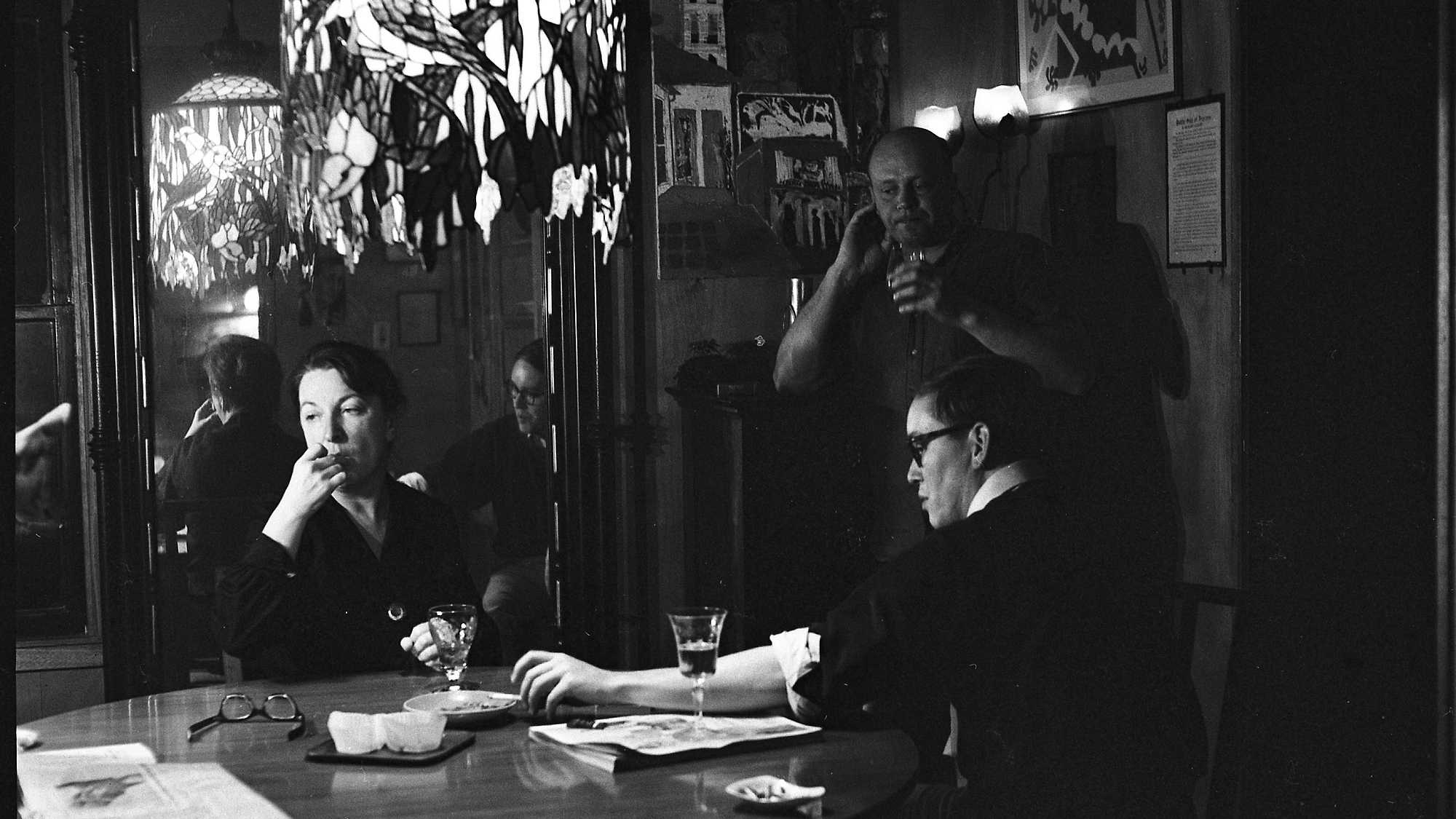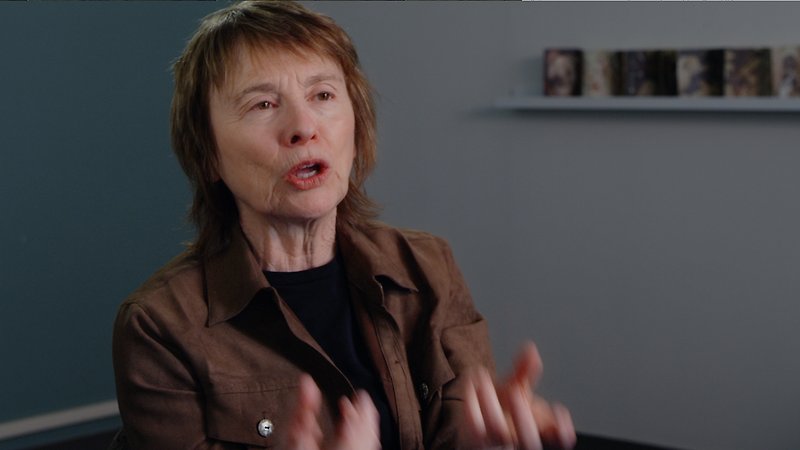Wittily illustrated and packed with quotations from her film reviews (read by Sarah Jessica Parker), Rob Garver’s doco explores New Yorker writer Pauline Kael’s evolution from failed playwright and struggling single mother to critical powerhouse.




Rob Garver’s beautifully crafted documentary channels the timeless headiness of Pauline Kael, arguably the greatest film critic who ever lived.
Screened as part of NZIFF 2019
What She Said: The Art of Pauline Kael 2018
When movies were central to the cultural conversation in the 1960s and 70s, the voice of New Yorker reviewer Pauline Kael reverberated around the world. Few since have written about movies with her intellectual verve or visceral energy. She famously went to battle for Bonnie and Clyde and made a cause célèbre of Bertolucci’s Last Tango in Paris. She celebrated the early films of Scorsese, De Palma, Altman and Spielberg in reviews that had the power to mobilise audiences and boost the careers of filmmakers. More than 50 years after it was written, the review of The Sound of Music that reportedly got her sacked from McCall’s can still unleash grateful chortles in the non-believer. She explored her responses to actors and actresses with revealing candour, choosing sexually loaded titles for the published collections of her reviews, beginning with the best-selling I Lost It at the Movies in 1965.
Wittily illustrated with clips from films she loved or deplored, and packed with quotations from her reviews (read by Sarah Jessica Parker), Rob Garver’s documentary explores her genesis from failed playwright and struggling single mother to late-blooming critical powerhouse. It’s an illuminating and complex portrait. She consistently maintained that men refused to accept that any woman could argue rationally, while she relished her power to pack argument with emotion – sometimes with a vengeance, as a shell-shocked David Lean could testify.
Those of us for whom a Pauline Kael review was once an integral accessory to film-going will savour a bounty of pleasurable recollection here. For younger audiences there is bounty to be discovered – her reviews remain readily accessible online and in print – alongside a fascinating consideration of the examined response to an art form as an art form in its own right. — BG